NeuroVISNEUROTRANSMITTERS ANALYTIC
Neurotransmitter Analysis
 > 분석시험 > Neurotransmitter Analysis
> 분석시험 > Neurotransmitter Analysis
Neurotransmitters are often referred to as the body’s chemical messengers. They are the molecules used by the nervous system to transmit messages between neurons, or from neurons to muscles. A neurotransmitter influences a neuron in one of three ways: excitatory, inhibitory or modulatory. Most neurotransmitters are either small amine molecules, amino acids, or neuropeptides. There are about a dozen known small-molecule neurotransmitters and more than 100 different neuropeptides, and neuroscientists are still discovering more about these chemical messengers. These chemicals and their interactions are involved in countless functions of the nervous system as well as controlling bodily functions.
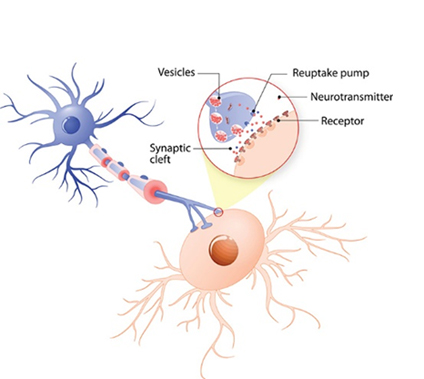
Disease, disorders, and pharmacology
| - Alzheimer's disease | - Attention deficit hyperactivity disorder (ADHD) |
| - Parkinson's disease | - Pain |
| - Drug addiction and psychostimulants | - Nausea |
| - Psychosis and antipsychotic drugs |

Analysis services
-
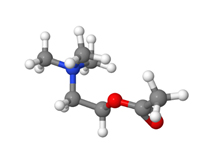
Acetylcholine
-
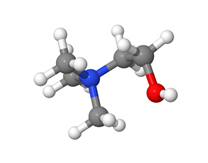
Choline
-
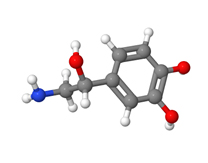
Norepinephrine
-
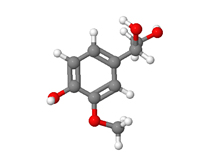
MHPG sulfate
-
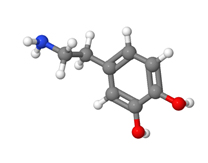
Dopamine
-
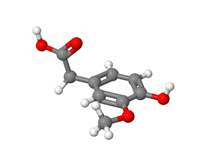
HVA
-
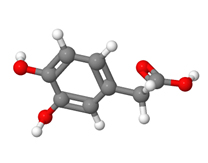
DOPAC
-
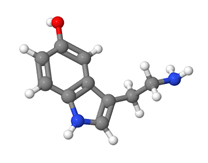
Serotonin
-
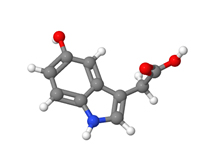
5-HIAA
-
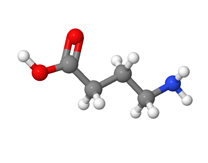
GABA
-
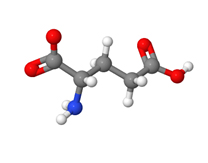
Glutamate

